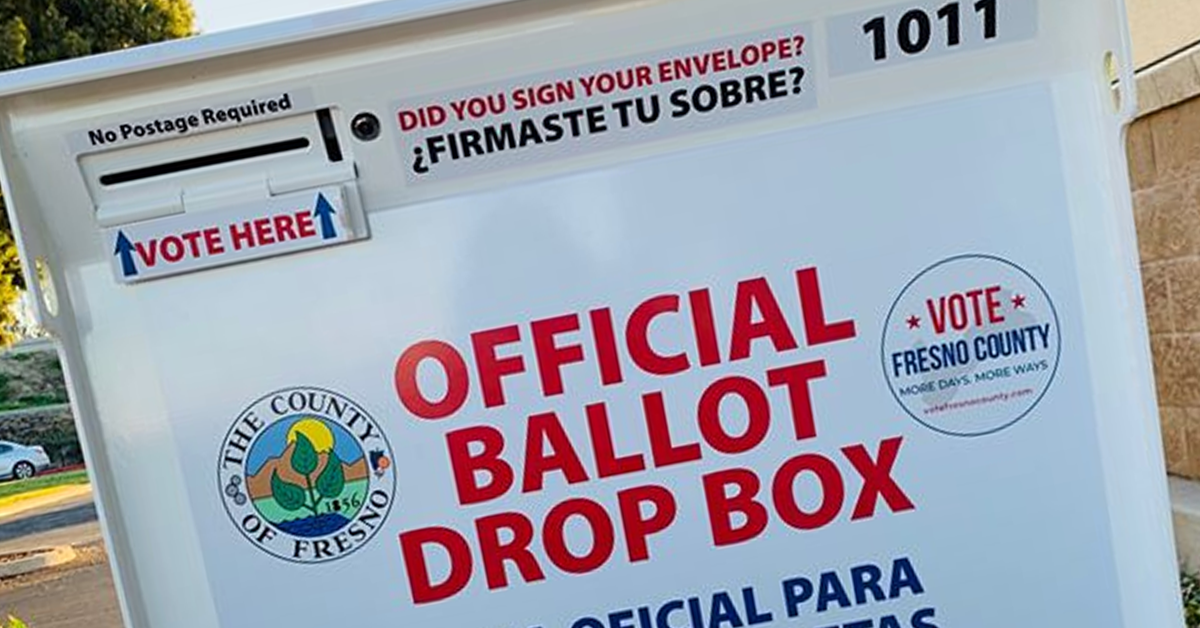The railroad industry has filed a lawsuit to block new environmental rules in California, arguing they would force the premature retirement of about 25,000 diesel-powered locomotives across the country long before their zero-emission counterparts are ready to take their place.
The backstory: The rules governing railroads would ban the use of locomotives more than 23 years old starting in 2030 and would force railroads to start setting aside more than $1 billion a year starting this fall solely to purchase zero-emission locomotives and related equipment.
- In a lawsuit filed in federal court, the industry says the technology for zero-emission locomotives hasn’t been sufficiently tested and won’t be ready to carry the load of delivering more than 30 million carloads of freight nationwide each year.
- The trade groups say that only the federal government can regulate railroads because it is an interconnected industry that crosses state lines. The California rule would need approval from the EPA to move forward.
- The new California rules would have the biggest effect on Union Pacific and BNSF and short-line railroads that operate in that state. But the changes would affect every railroad because they all regularly pass locomotives back and forth to keep trains moving efficiently across the U.S.
What they’re saying: Regulators say they must move quickly given the scope of the emissions problems from locomotives. CARB says the rules will dramatically reduce pollution from nitrogen oxides, which contribute to the formation of smog, and a type of tiny pollutants that can penetrate deep into a person’s lungs and has been linked to cancer.
- The fate of the California rule is “a matter of life and death,” according to Adrian Martinez, a lawyer with environmental nonprofit Earthjustice.
- Railroads prefer to keep using locomotives for decades after they buy them. Just last year, both Union Pacific and Norfolk Southern announced plans to modernize hundreds of locomotives in their fleets to extend their useful life and reduce their carbon emissions.
- Those upgrades don’t do much to reduce the amount of particulate matter and nitrous oxide emissions those locomotives produce, but the industry has made progress with those also. Those emissions are associated with increased cancer risks and other health problems — particularly in neighborhoods around railyards.
- The transportation sector contributed the largest share of greenhouse gas emissions in 2021, but rail only made up 2% of those emissions, according to the U.S. Environmental Protection Agency.











